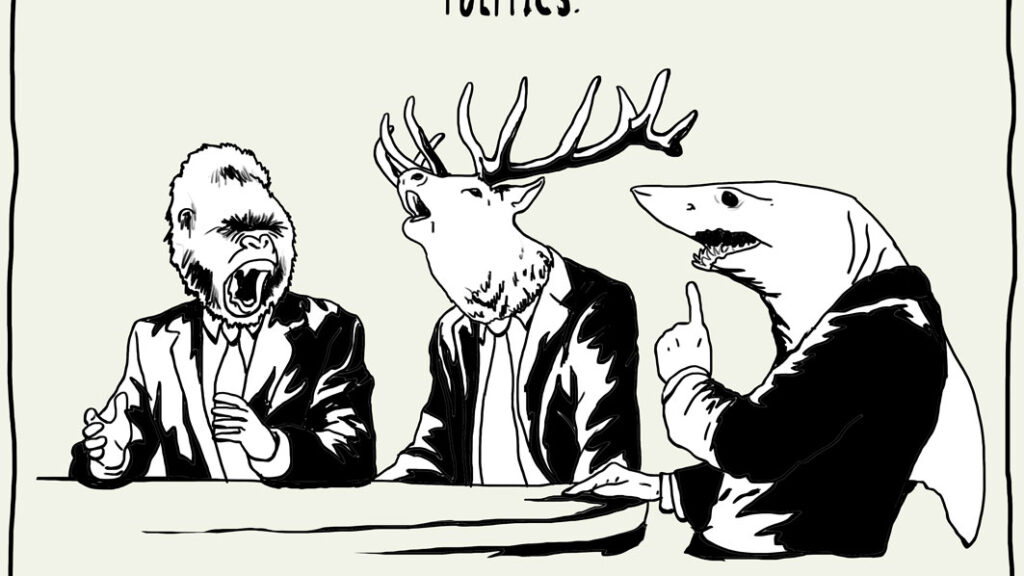After three months of closure, my gym in Vancouver re-opened on June 1st. Even though I’ve been a gym rat since 2013, the pandemic took a huge toll on my physical performance. Six weeks later, my workout capacity hovers around 40% of what it once was.
I see this deficit most clearly on an indoor rowing machine. The treadmill of canoes, rowing machines produce resistance thanks to air flowing through a flywheel. The wheel connects to a chain, and the combination of pushing with your legs and pulling the chain handle spins the flywheel. The faster you row, the faster the flywheel spins and the more resistance it creates. The amount of power you produce — measured in meters, calories, or watts — is displayed on a small screen, giving you instant feedback on each stroke.
Two ways to get the flywheel moving: brute strength or proper technique. In the past, I could muscle my way through at a reasonably respectable pace for someone built for ballet, not rowing. But thanks to a combination of three months off, nagging injuries, mid-thirties hormones, elevated base level stress, and extra glasses of pandemic wine, I have been forced to adjust my strategy. Pulling the handle like all hell just doesn’t work anymore.
Like most things that seem simple, rowing technique is complicated. Arms straight. Head neutral. Shins vertical. Heels lift. Push through the legs, then extend through the hips, then pull the chain. Legs, hips, pull, release, hips, legs. Don’t let the chain slack. Don’t hunch. Don’t lead with the back. Don’t bend the arms too early. Legs, hips, pull, release, hips, legs. Breathe. Legs, hips, pull, release, hips, legs. Repeat.
My goal is not to become a professional rower. It’s to get through the rowing portion of my afternoon workout so I can move onto the next movement. Focusing on every aspect of my rowing technique would be a waste of my time. Instead, I focus on one thing I can do to increase my efficiency: get the handle to the proper starting position, every stroke, every time. Focusing on the handle’s placement guarantees that 1) my stroke length will be as long as possible, which increases speed; 2) positions my back and legs to fire in the right order at the right time, which increases power; 3) keeps my mind zeroed in on one thing rather than 100 things, and 4) distracts me from how awful rowing is.
Why is this relevant to happiness? Because by focusing on one aspect of rowing technique, my power and speed are guaranteed to increase, thereby improving my overall performance. I don’t need to be great everywhere all the time. I just need to be a little bit better, repeatedly. Over time, this will translate into more strength and stamina…without breaking my spirit.
The same theory applies to happiness. It’s not about making sweeping changes and overwhelming the system with hundreds of new processes, only to beat ourselves up for failure. It’s about taking stock of your life and focusing on doing one thing right, every time that will set a stronger foundation for each process that follows.
For me, that one thing is staying off social media. Maintaining that boundary gives me greater emotional and psychological resilience, which means I am able to consume more meaningful information, brush off minor irritations, and more quickly bounce back from major roadblocks.
For my sleep-challenged partner, Justin, that one thing is making sure that he dims the lights in the apartment at least an hour before getting in bed. Keeping the lights down and the candles lit sets him up for a better night’s sleep, which means every aspect of the next day gets easier.
For my mother, that one thing is keeping the house clean. But instead of doing a big clean up once a week and then getting irritated as the week moves on and the mess piles up, she commits to tidying up two things every time she walks in a room. The result? The house is always well kept — in no time at all.
What is one thing in your life, when done right every time, that makes your day easier and lighter? Find it. Focus on it. Do it right. Every time.

How to Be Great? Just Be Good, Repeatably — blog.stephsmith.io
To create something great, we are told to take baby steps, put one foot in front of other, and take it one day at a time. We’ve heard these platitudes our entire life, but in the moment it can be hard to see how small changes add up to something bigger. We want to be great, now. In this piece, Steph Smith shows us that greatness is a myth. To be great, she argues, just be good enough…over and over and over again.
Jim Collins – Concepts – The Flywheel Effect
Jim Collins is a researcher focused on business management and sustainability. This excerpt, from his book Good to Great, highlights “the flywheel effect,” which states that in any great creation, there is no single defining action that leads to success. Instead, it is about making relentless, incremental progress until the flywheel gains enough momentum to turn on its own.

The secret to giving a compliment that makes people glow | — ideas.ted.com
Struggling to find that one thing to do right each day? Try giving one person per day a heartfelt compliment. Educator and TEDx speaker, Cheryl Ferguson, shares how.
January 3, 2023
On Living and Breathing Grief
read the article

October 28, 2022
The struggle to kill the serotonin theory of depression in a world of political nonsense
read the article

October 21, 2022
Last Times
read the article

October 14, 2022
Newborn Babies Go Through Antidepressant Withdrawal
read the article

















